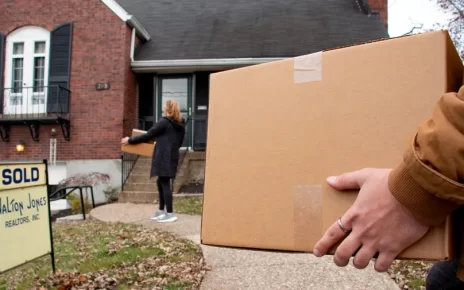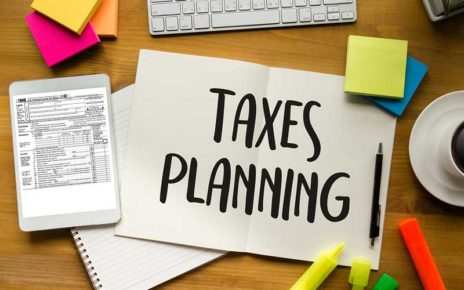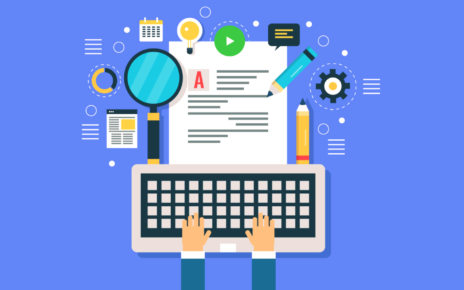In the current economic climate, paying bills with your earnings is a common occurrence. Recent figures show that a significant majority of Americans belong to this category, which makes saving and investing difficult. Although it’s conceivable that excessive spending is at play, it’s more probable that circumstances like poor pay, erratic income, and the high cost of basic needs like housing, food, and education force individuals into precarious financial situations without their will. Meanwhile, even highly compensated individuals may get caught in a predicament from which there is no way out.
It’s easy to feel as if you’re on an everlasting financial treadmill when you’re in this situation and barely making ends meet each month. The next issue is how to really make the jump. Character is the culmination of one’s thoughts and actions. You must first have trust that it is doable before proceeding to the next phase.
Start by keeping a tight eye on your spending and making financial plans for the future.
To manage your finances, you must first determine where your money is going. You may establish goals and make adjustments by keeping track of your spending for at least a month to get an accurate picture of how you spend your money. So what does stop living paycheck to paycheck mean?
Before other necessities like insurance and transportation, you should pay your rent or mortgage, utilities, food, and other housing-related bills. Do you value being prudent and economical? If it isn’t already, it should be. In the end, it will actually be the bare minimum that frees you from subsistence spending. Giving money matters great priority is therefore one of the first crucial steps. It’s not required to make a huge debut. Families that have even a little savings of $100 are more likely to be satisfied with their financial status, finds a research. The most crucial thing is to often save.
Pay closer attention to it now. How much do you waste on unnecessary purchases? Even while it’s wonderful to spend money on things like eating out and a variety of streaming services, cutting down on these costs might free up funds that could be put towards savings.
Think carefully about your financial situation and debt-management plan.
If you take on excessive debt or use it to fund an unsustainable lifestyle, you put your safety at risk. Recent studies have shown that those who consider borrowed money to be their own are more likely to have financial issues. But this is not the case. The debtor is the true owner. Eventually, the creditor will want their money back with interest.
Conclusion
One of the worst types of debt is credit card debt, along with other consumer debt with high interest rates. So the next step is to leave the situation if you find yourself there. How precisely? Once again, the sum of one’s thoughts and acts is of the highest importance.
Reduce your usage of credit and debit cards as a first step. Decide on one or two, then stash the others. Make an effort to keep your purchases to either cash or a debit card.





